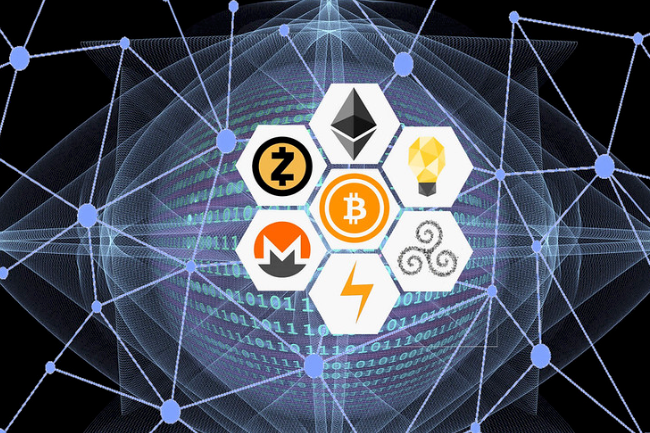How Blockchain Technology is Changing the Automotive Industry
To increase security in connected cars, automakers are looking into blockchain technology, which is used in cryptocurrencies like Bitcoin. Blockchain is the best answer for a more advanced database when the typical automobile becomes fully connected, electrified, and autonomous.
Table of Contents
How Does Blockchain Work?
Instead of using a central processor, a blockchain records a growing collection of ordered documents called blocks. Due to their timestamps and links, changing one block affects all future blocks. Private key holders may edit blockchain segments they “own” and have authority to write to. Cryptography keeps everyone’s blockchain synced.
Blockchains store identification, medical, financial, and provenance data securely. Blockchain might remove transaction processing and trade middlemen.
Blockchain’s Automotive Impact
Five ways blockchain development has changed the car industry and boosted adoption:
1. In-Car Payment Security
Bitcoin and other cryptocurrencies introduced the world to blockchain technology, but soon electric car users will use it to pay for power. When you plug in your automobile, a blockchain smart contract deducts the money from your account and sends it to the charging station. Insurance, parking, and other vehicle-related financial transactions follow the same logic.
2. Secure Data Protection
Blockchain can store global self-driving vehicle data. Localization data includes everything from road and infrastructure information to traffic patterns. Once approved and deposited in a block, this data becomes available to other cars in the network, establishing faith that it has gone through blockchain processing and is accurate and safe. Modifying, erasing, or manipulating block data becomes almost impossible. Automakers may seek the help of a blockchain development company in NYC to securely exchange localization data, enabling autonomous driving. This real-time data is cryptographically safeguarded. Blockchain technology prevents “bad actors” from compromising the network and holding OEMs hostage by exposing autonomous car network vulnerabilities.
3. Dispersed Ridesharing
Lyft and Uber have changed how we use cars. You can call a vehicle with a few clicks on an app. Blockchain technology, autonomous systems, and several worldwide blockchain development companies in the USA might revolutionize ridesharing. Imagine eliminating middlemen between passengers and drivers and securing data. In a smart contract, drivers would only be paid after delivering passengers. The contract may pay the driver a small amount for their time instead of incurring arbitrary cancellation costs. Blockchain technology might change Uber’s operations. An ecosystem-like platform might eliminate middlemen and move payment and driver/rider selection to a secure blockchain. Riders would communicate with drivers, evaluate their reputations, and choose drivers based on price, quality, and other free-market factors on such a platform. Many frustrated Uber drivers would appreciate this alternate remuneration plan.
4. Fair Car Sharing
Blockchain technology allows car sharing and ownership. Instead of each high-rise apartment resident having a car or using public transit, a group may purchase a fleet of 10 automobiles. They may order a car through an app, and the blockchain would scrupulously record its use. Owners’ pre-agreed agreements would automatically settle payments. Blockchain’s security will clarify vehicle use time, distance, and speed, improving convenience for all parties.
5. Logistics Efficiency
Distributed ledger technology helps the car industry eliminate counterfeit components by providing transparency to suppliers, shipping operations, and manufacturers. An Automotive Software Development company in NYC manufacturers and suppliers collect and analyze large amounts of data every day, which numerous blockchains might handle. One blockchain may include bills of lading for car components, quality inspection records from the manufacturing process, and work-in-progress data for each vehicle assembly from start to finish. Smart contracts might automatically release purchase orders throughout certain production phases in blockchain applications for manufacturing. Supply chains might be optimized by favoring suppliers with the most inventory.
Blockchain Seems Limitless
Blockchain’s unmatched encryption might help the automobile sector transition to intelligent cars. Blockchain development companies in the USA may transform automobile data management by protecting financial data or simplifying shared ownership.



